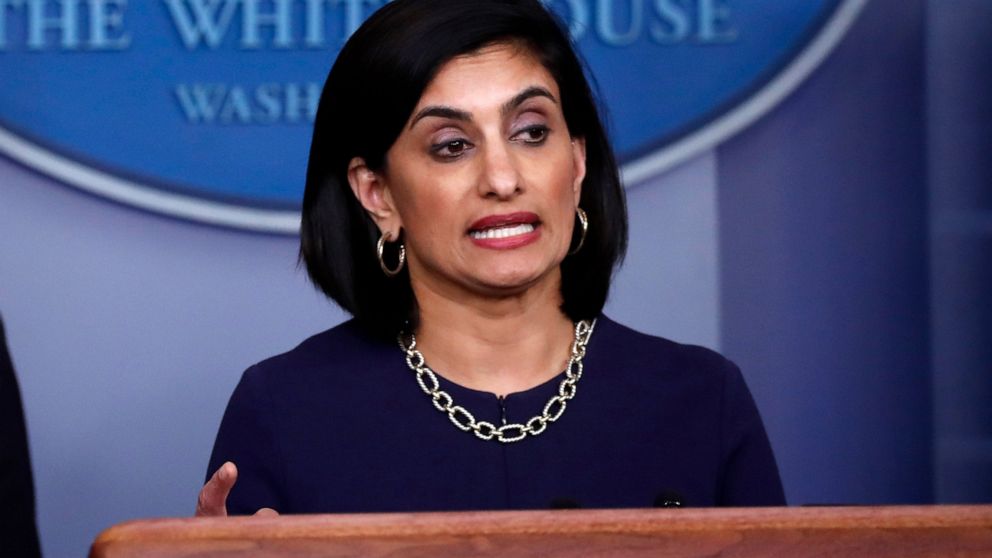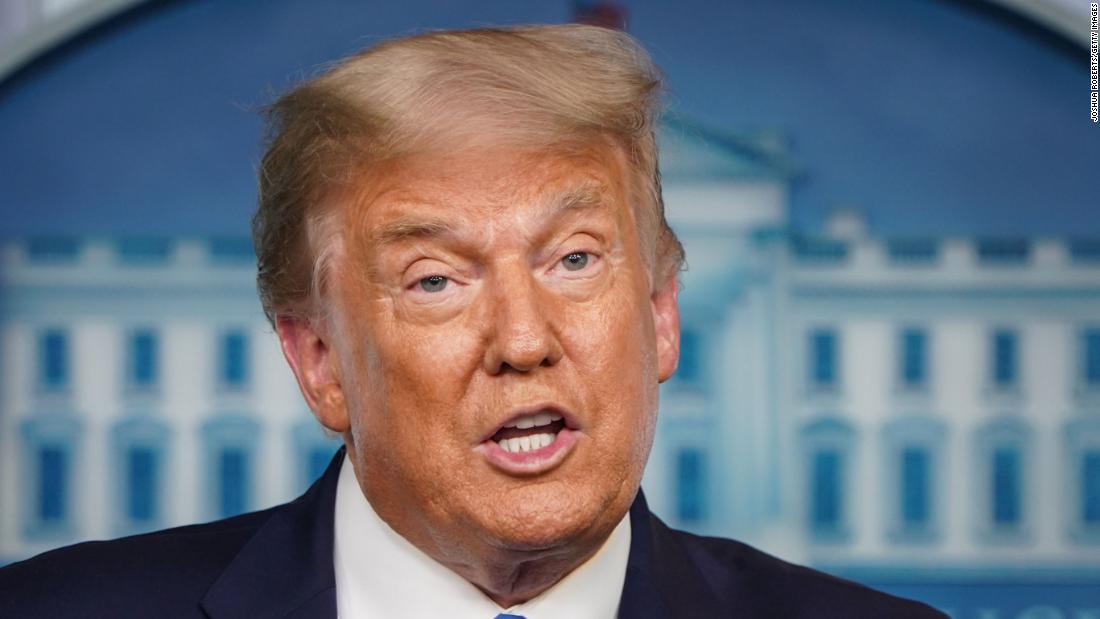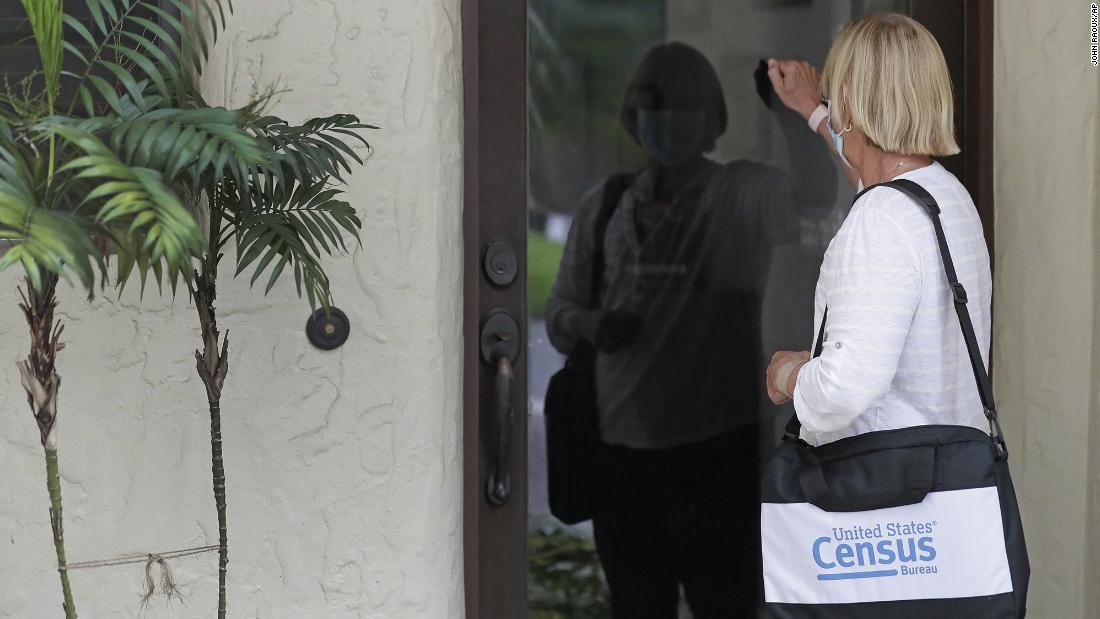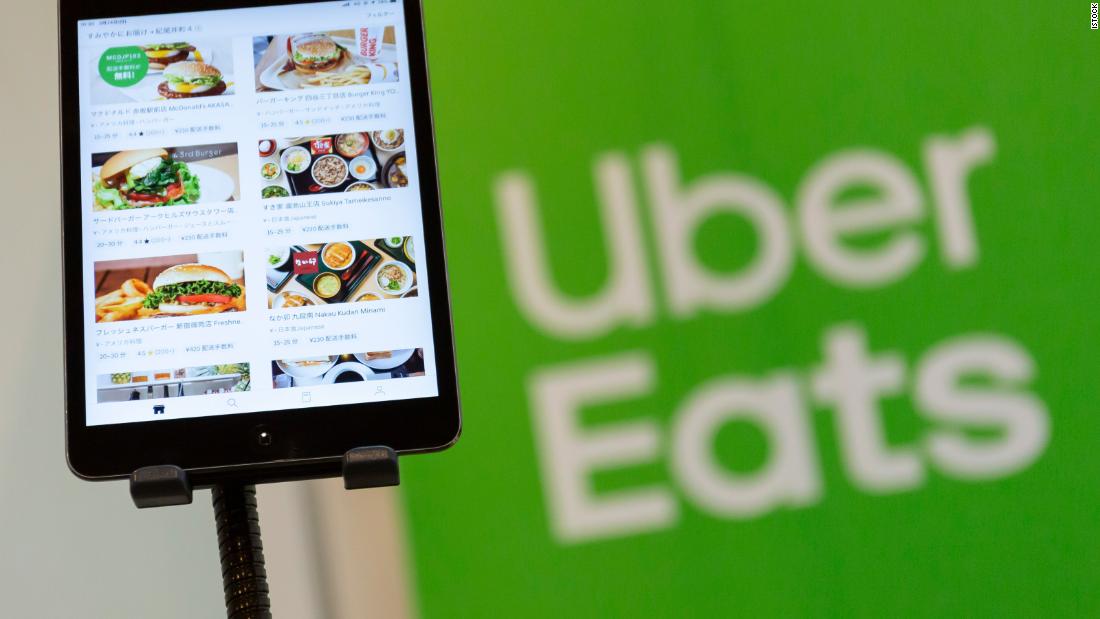
Telehealth has taken off.
Spurred by the pandemic, many doctors in the U.S. now offer online appointments, and many patients are familiar with getting live medical advice over the internet. Given the obvious benefits, many experts have concluded that telehealth is here to stay. “It’s taken this crisis to push us to a new frontier,” said Seema Verma, administrator of the Center for Medicare and Medicaid Services. “But there’s absolutely no going back.”
Now the question is, where are we going? Telehealth has played an essential role during the pandemic, and it could do even more good in the years to come. But we are still in the very early days of its development. And if we are to realize telehealth’s full potential, then we must first reckon with the fact that there are serious flaws in the predominant way it is delivered today– flaws that endanger patients themselves.
Legacy telehealth services like Teladoc and others were built for a time when telehealth was a fringe phenomenon, mostly used to support acute needs like a bad cold or a troubling rash. They largely offer, in effect, randomized triage care. Patients go online, wait in a queue and see the first doctor who happens to be available. These companies market this as a virtual house call, but for patients, the experience may feel more like being stuck on a conveyer belt. Too often, they get funneled through they system with little to no choice along the way.
Insurance companies love this model because it is cheap to operate. But patients bear the cost. Doctors, in this arrangement, get paid to work the assembly line. Every minute they spend listening to patients– learning about their lives, building a personal relationship– is a minute they’re not moving them down the line, seeing the next patient and earning their next fee. The system doesn’t reward doctors for providing care; it rewards them for churning through patients.
As we build telehealth’s future, doubling down on this model would be a worrisome mistake since it is antithetical to how our healthcare system should operate. Healthcare has long been premised on the idea that you should have an ongoing relationship with your local care provider– someone with a holistic, longitudinal view of your health, who you trust to help navigate difficult or sensitive medical issues.
Compare Medicare Plans Now
The randomized triage model breaks this bond and replaces it with a series of impersonal interactions that feel more like the ones you have with an Uber driver– polite but transactional, brief and ephemeral. Healthcare, however, should not be treated in the same way as the gig economy.
As a physician, I am troubled by the prospect of what happens when you scale this model up. Every time a patient gets passed from one doctor to the next, there is a chance that critical information is lost. They won’t understand your baseline mood, your family context or living situation– all critical “intangibles” for informed treatment. That lack of longitudinal data leads to worse outcomes. This is why the healthcare system has long been designed to minimize patient handoffs– and why it would be a mistake for us to choose a telehealth infrastructure that increases them.
What, then, does a better approach look like?
We are at the very dawn of telehealth’s integration into our country’s healthcare system, and I won’t claim to know the full answer. But I do know that patients are far better stewards of their own health than a random doctor generator. A more effective approach to telehealth puts the power in the patients’ hands. Because when we give them choices and then listen to them, patients tell us what they prefer.
Data gathered by my company makes it clear that by a substantial margin, people want to make this decision themselves: 9 out of 10 telehealth patients prefer to schedule an appointment with a provider of their choosing rather than seeing a randomly assigned doctor after waiting in a digital queue.
Compare Medicare Plans Now
Not only that: when given this choice, most patients– about 7 out of 10– make an appointment with a nearby doctor when booking a virtual visit. Patients instinctively know that at some point, they’ll want or need to physically be in the same room with their doctor. And they know that choosing a local provider makes it possible to pick up the conversation in-person right where they left it off online. They don’t want to be forced to choose between telehealth and an ongoing relationship with a trusted provider. And they’re right– they shouldn’t have to.
None of the legacy telehealth companies focus on this imperative. Instead, while the pandemic rages on, they are rushing to scale while their randomized triage model is still viable. And the markets may reward them in the near term for being in the right place at the right time. But long-term value will be derived from listening to, responding to and iterating on what patients want.
Experience suggests patients will reward whoever can give them the most control over their healthcare. That’s where I’m placing my bet, too.
Compare Medicare Plans Now










